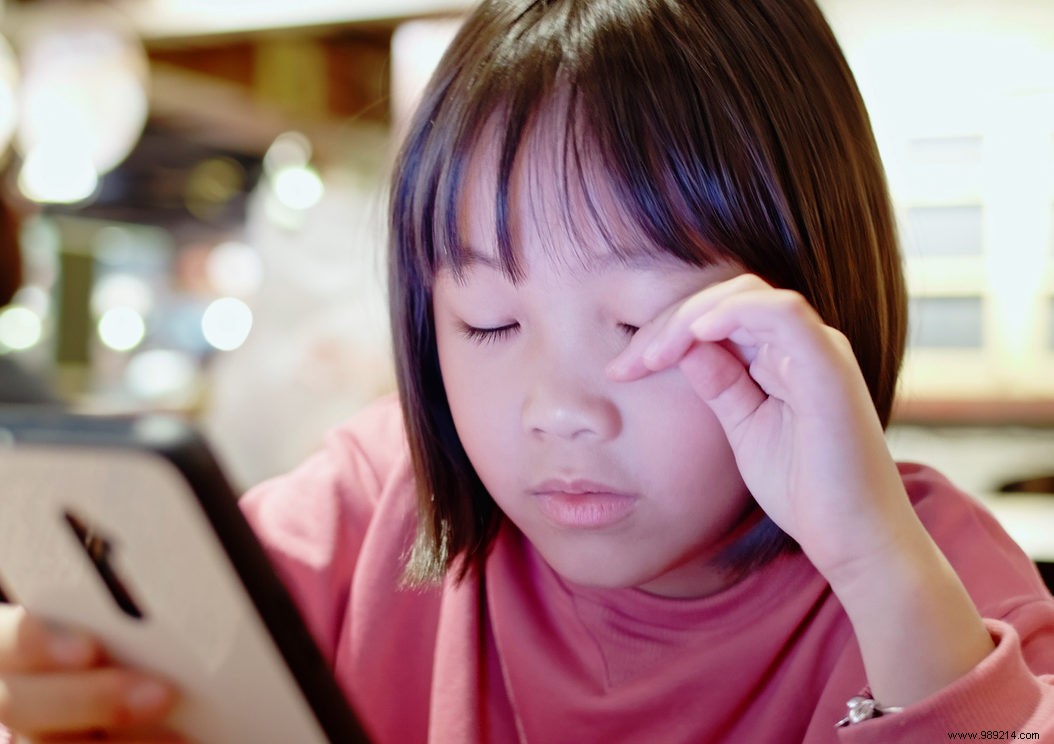An Australian study recent argues that people with myopia fall asleep later in the evening and therefore have a lower quality of sleep. For the researchers behind the work, this is an additional reason to limit the use of screens in the evening in order to avoid disturbances of the circadian rhythm.
First of all, remember that myopia is a vision disorder whose main symptom is blurred vision from afar. Today, more than 2.5 billion human beings suffer from myopia in the world. It is also an epidemic whose progression is inexorable. It is estimated that by 2050, half of the world's population will unfortunately be affected.
The factors of the progression of myopia are known, namely the lack of external light as well as exposure to screens. However, researchers from Flinders University (Australia) mentioned another factor in their study published in the journal Sleep in March 2021. It is the lack of sleep or, more precisely, the disregulation of the circadian rhythm .

In order to reach their conclusion, the scientists worked with students in their twenties, some of whom were nearsighted. During their study, they measured their melatonin level and their circadian rhythm. According to the results, sleep time is shifted by 1 h 12 on average in myopic people. These same people also have about 30% lower levels of melatonin . Scientists have indicated that nearsighted people tend to fall asleep later. They also take longer to fall asleep and sleep less than others.
Australian researchers have particularly blasted smartphones and other devices, due to blue light emissions. This can have the effect of suppressing the production of melatonin and therefore, delaying the circadian rhythm During the night. However, these effects result in late and especially poor quality sleep.
In February 2021, a Chinese study claimed that the first episode of confinement linked to the Covid-19 pandemic in this country had tripled the number of children aged six years suffering from myopia. During confinement, the lack of exposure to daylight and prolonged use of screens are preponderant. In general, prohibit the use of screens during the night for children and adolescents is already a simple gesture to limit the risk of myopia.